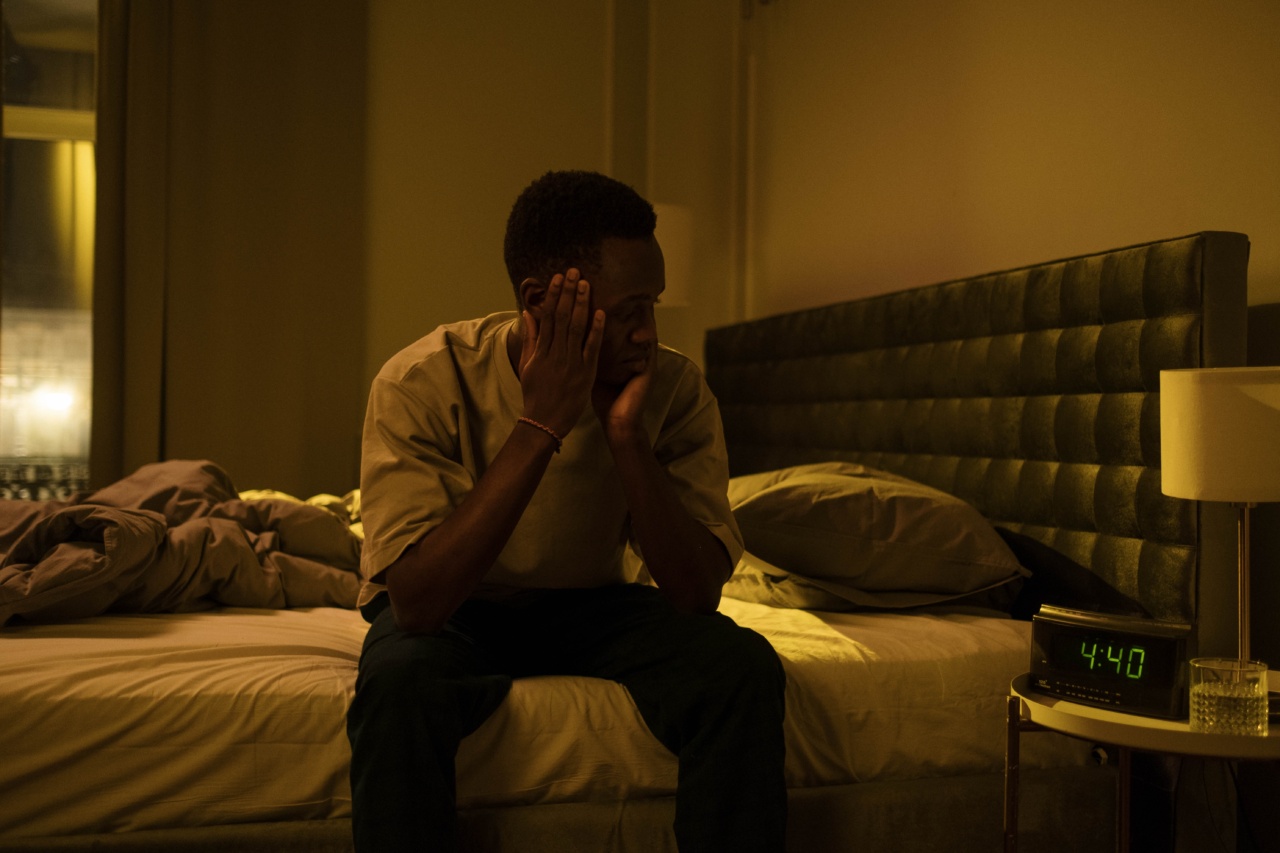Do you find yourself lying awake at night, staring at the ceiling, unable to sleep? If so, you may be suffering from insomnia. This common sleep disorder affects millions of people worldwide and can have a significant impact on their overall well-being.
While there are many factors that can contribute to insomnia, one potential cause that often goes unnoticed is excessive screen time before bed.
The Link Between Screens and Sleep
In today’s digital age, screens are everywhere. From smartphones to tablets to laptops, we are constantly surrounded by screens, and many of us rely on them for both work and leisure.
However, the blue light emitted by these devices can disrupt our natural sleep-wake cycle.
Blue light is a short wavelength light that is emitted by electronic devices. It suppresses the production of melatonin, a hormone that regulates sleep.
When we expose ourselves to blue light before bedtime, it fools our bodies into thinking it is still daytime, making it harder to fall asleep.
The Effects of Screen Time Before Bed
Engaging in screen time before bed can have several negative effects on our sleep. Research has shown that exposure to blue light from screens can:.
1. Delay the Release of Melatonin
As mentioned earlier, blue light can suppress the production of melatonin. This delay in melatonin release can make it more difficult to fall asleep and can lead to a restless night’s sleep.
2. Disrupt Circadian Rhythms
Our bodies have an internal clock known as the circadian rhythm, which helps regulate our sleep-wake cycle. The blue light from screens can disrupt this rhythm, making it harder to fall asleep and wake up at the desired times.
3. Reduce REM Sleep
REM (rapid eye movement) sleep is a crucial stage of the sleep cycle associated with dreaming and memory consolidation.
Studies have suggested that exposure to blue light before bed can lead to a reduction in REM sleep, which can negatively impact cognitive function and overall sleep quality.
4. Increase Alertness
The blue light emitted by screens also has a stimulating effect on the brain, increasing alertness and making it harder to wind down. This can leave us feeling wired and unable to relax before bed.
How to Reduce Screen Time Before Bed
While it may be challenging to completely eliminate screens from our evening routines, there are steps we can take to minimize their impact on our sleep. Here are some tips to help you reduce screen time before bed:.
1. Establish a Digital Curfew
Set a specific time each evening when you will stop using electronic devices. This will give your body a chance to wind down and prepare for sleep. Consider using an alarm or app to remind you when it’s time to disconnect.
2. Create a Bedtime Routine
Develop a relaxing bedtime routine that doesn’t involve screens. This could include activities such as reading a book, taking a warm bath, or practicing meditation or deep breathing exercises.
3. Use Blue Light Filters
Many devices now have built-in blue light filters that can be activated in the evening. These filters reduce the amount of blue light emitted by the screen, making it easier on the eyes and less disruptive to sleep.
4. Keep Screens Out of the Bedroom
Make your bedroom a screen-free zone. Remove all electronic devices from the bedroom, including TVs, smartphones, and computers. By creating a technology-free space, you signal to your brain that the bedroom is a place for relaxation and sleep.
5. Opt for Alternative Activities
If you find yourself reaching for your phone or tablet out of habit, try replacing screen time with other activities. This could include journaling, practicing a hobby, or spending time with loved ones.
The Importance of Quality Sleep
Getting enough high-quality sleep is essential for our physical and mental well-being.
It is during sleep that our bodies repair and rejuvenate, and insufficient sleep can lead to a host of health problems, including increased risk of chronic conditions such as obesity, diabetes, and heart disease.
By recognizing the impact of screen time on sleep and taking steps to reduce our exposure, we can improve our chances of getting a good night’s rest.
So, the next time you reach for your phone or turn on the TV before bed, consider the potential consequences and opt for a screen-free activity instead. Your body and mind will thank you.































